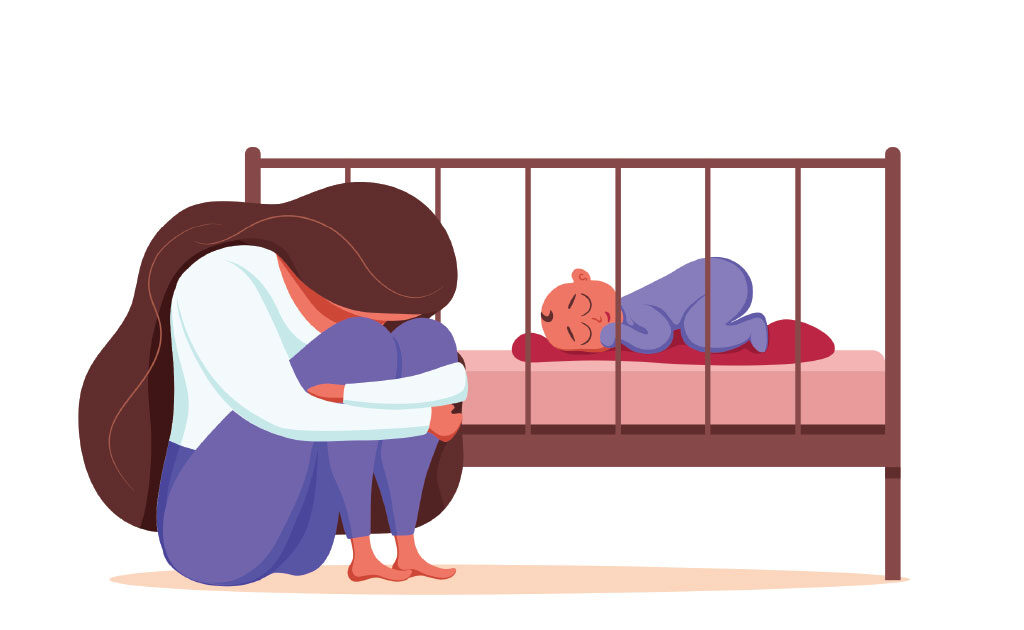
Postpartum depression (PPD) is a serious mental health condition that affects many new mothers, often emerging within the first few weeks to months after childbirth. Unlike the “baby blues,” which typically resolve within a couple of weeks, PPD can persist and severely impact a woman’s ability to care for herself and her baby. Recognizing and addressing PPD is crucial for the health and well-being of both mother and child.
Causes and Risk Factors
1. Hormonal Changes: After childbirth, levels of estrogen and progesterone drop sharply, which can trigger mood swings and depressive symptoms. Additionally, changes in thyroid hormone levels can contribute to feelings of fatigue and depression.
2. Psychological and Social Factors: The transition to motherhood brings significant emotional and social changes. The stress of caring for a newborn, sleep deprivation, and concerns about parental responsibilities can contribute to PPD. A lack of social support, history of depression, or recent life stressors can further increase the risk.
3. Personal and Family History: Women with a personal or family history of depression, anxiety, or bipolar disorder are at a higher risk of developing PPD. Previous experiences of postpartum depression also increase the likelihood of recurrence.
PPD symptoms can vary in severity but commonly include:
● Persistent feelings of sadness, hopelessness, or emptiness
● Severe mood swings and irritability
● Withdrawal from family and friends
● Difficulty bonding with the baby
● Overwhelming fatigue or loss of energy
● Changes in appetite and sleep patterns
● Thoughts of harming oneself or the baby
Treatment and Support
1. Professional Help: Seeking help from a healthcare provider is essential. Treatment options include therapy, medication, or a combination of both. Cognitive-behavioral therapy (CBT) and interpersonal therapy (IPT) are effective forms of therapy for PPD.
2. Social Support: Building a strong support network is crucial. Family members, friends, and support groups can provide emotional and practical assistance, reducing the feelings of isolation and overwhelm.
3. Self-Care: Encouraging new mothers to prioritize self-care can have a significant impact. This includes ensuring adequate rest, proper nutrition, and time for relaxation and activities they enjoy. Regular physical activity, such as walking, can also improve mood.
4. Education and Awareness: Educating expectant and new mothers about the signs and symptoms of PPD can promote early detection and intervention. Partners and family members should also be informed to recognize and support the mother effectively.
Postpartum depression is a common but serious condition that requires prompt attention and care. By understanding the causes, recognizing the symptoms, and providing comprehensive support, we can help new mothers navigate this challenging period and promote their long-term well-being. Early intervention and a compassionate approach can make a significant difference, ensuring that both mother and baby thrive.
Comments are closed